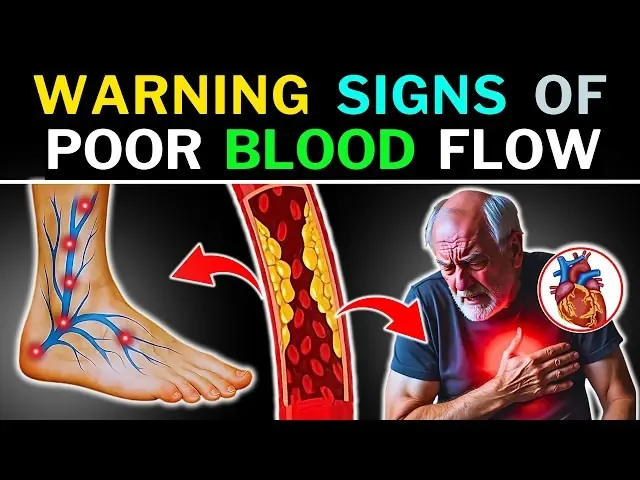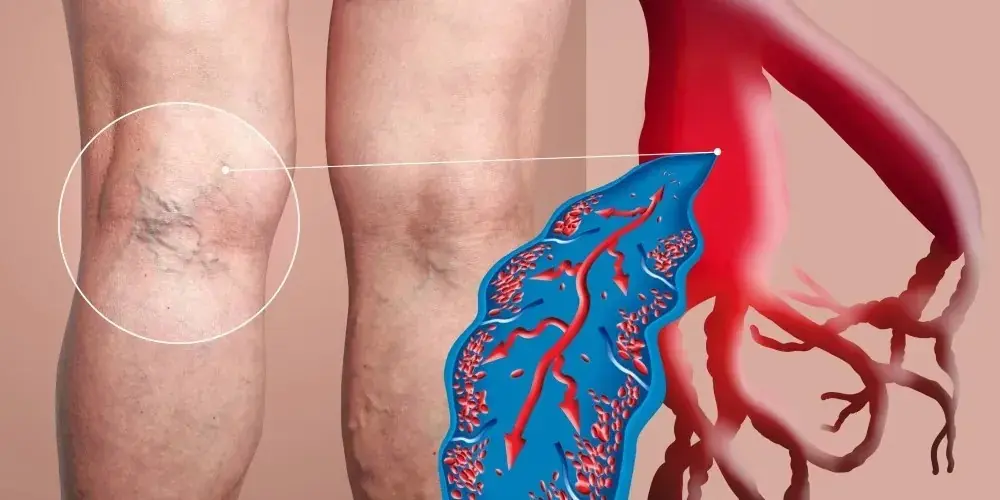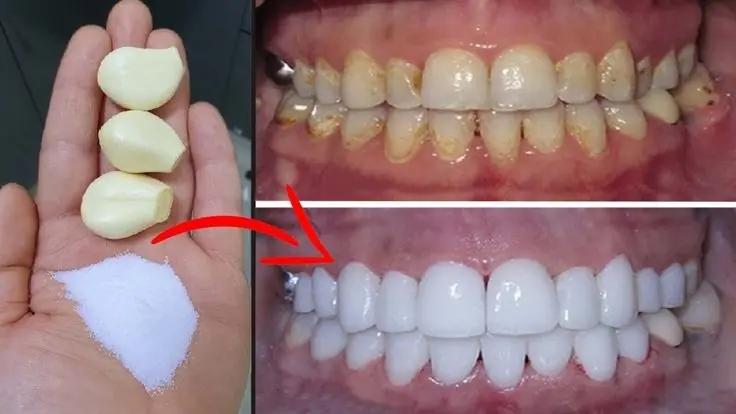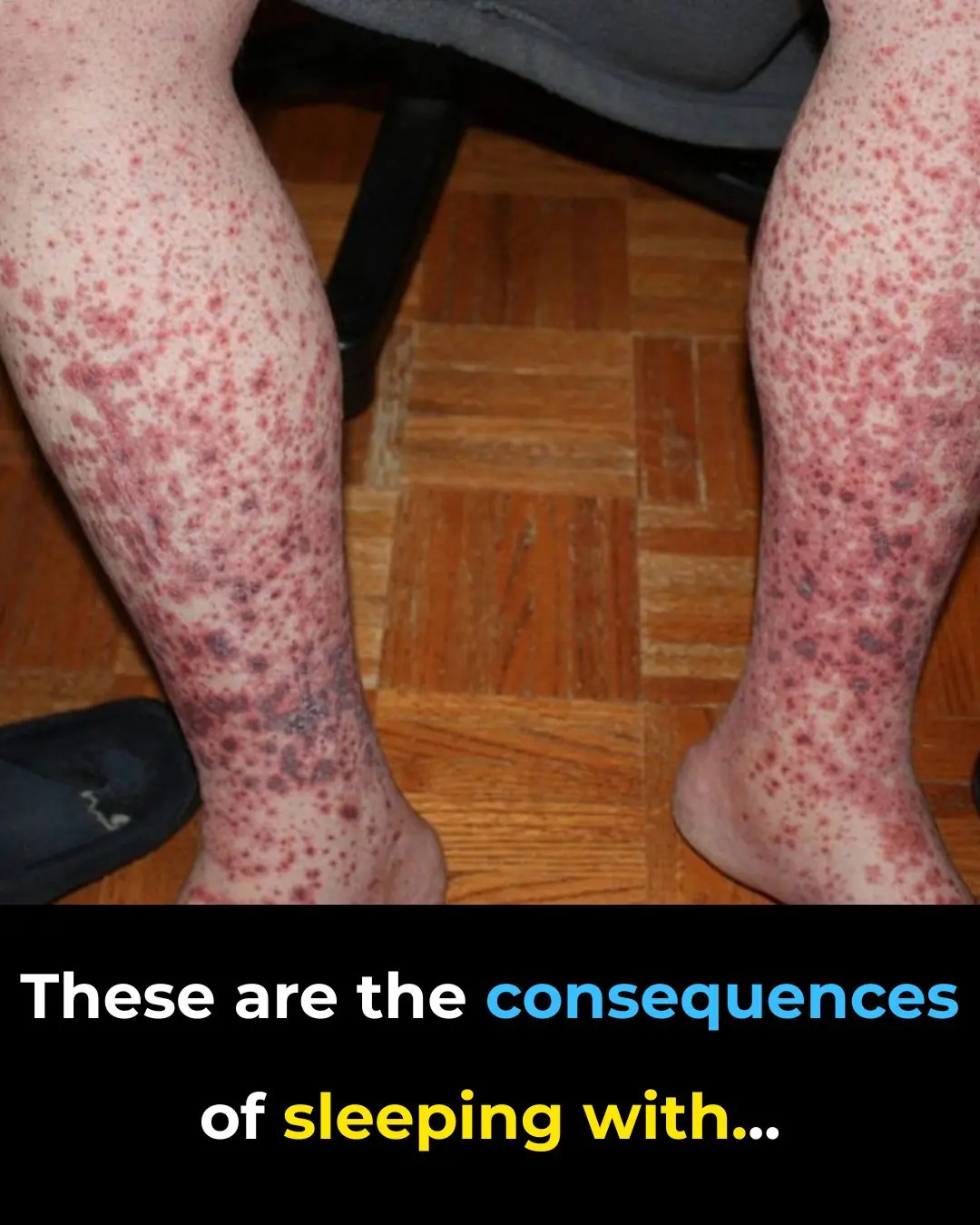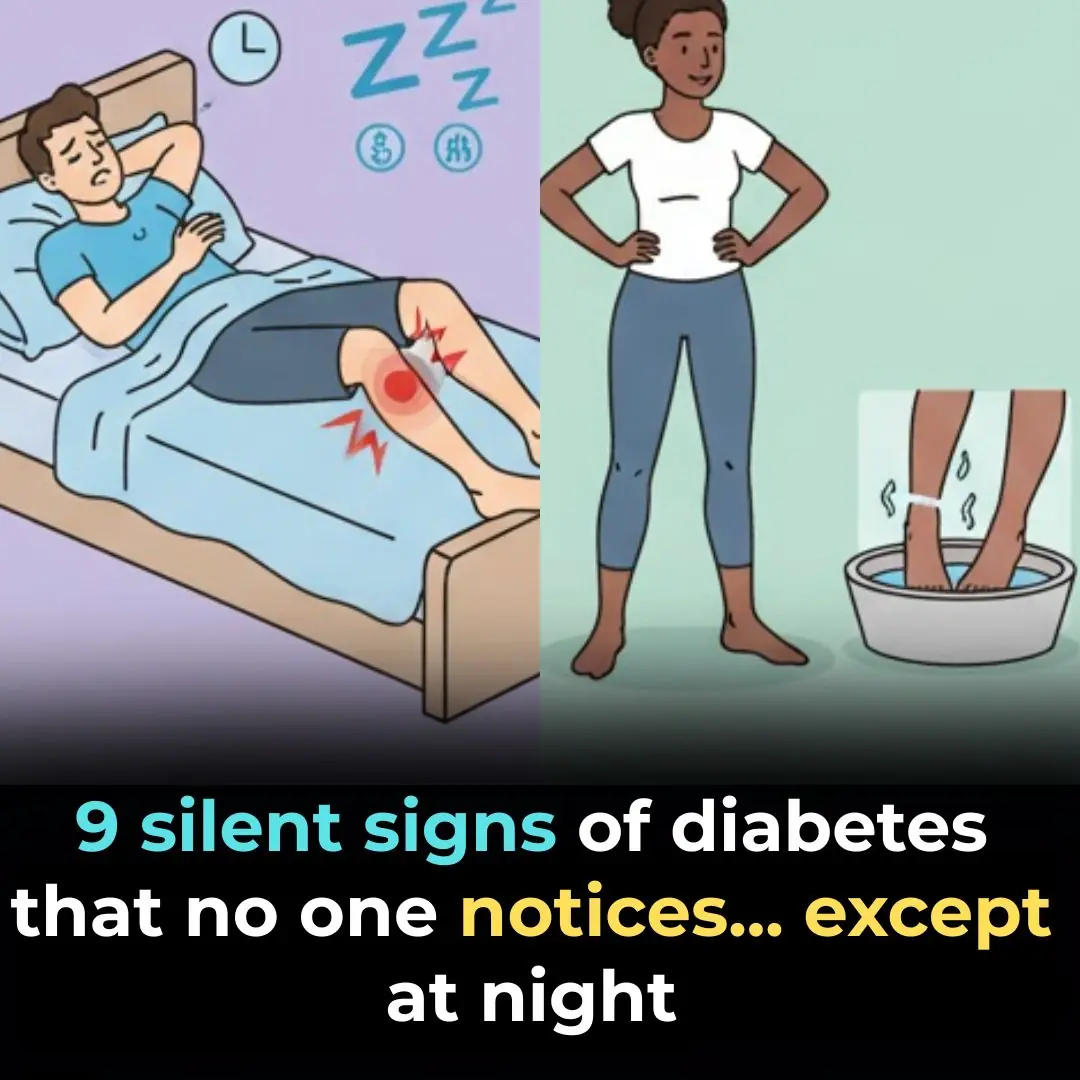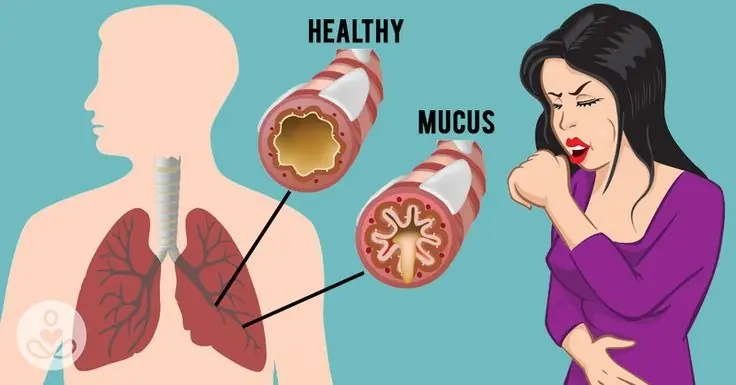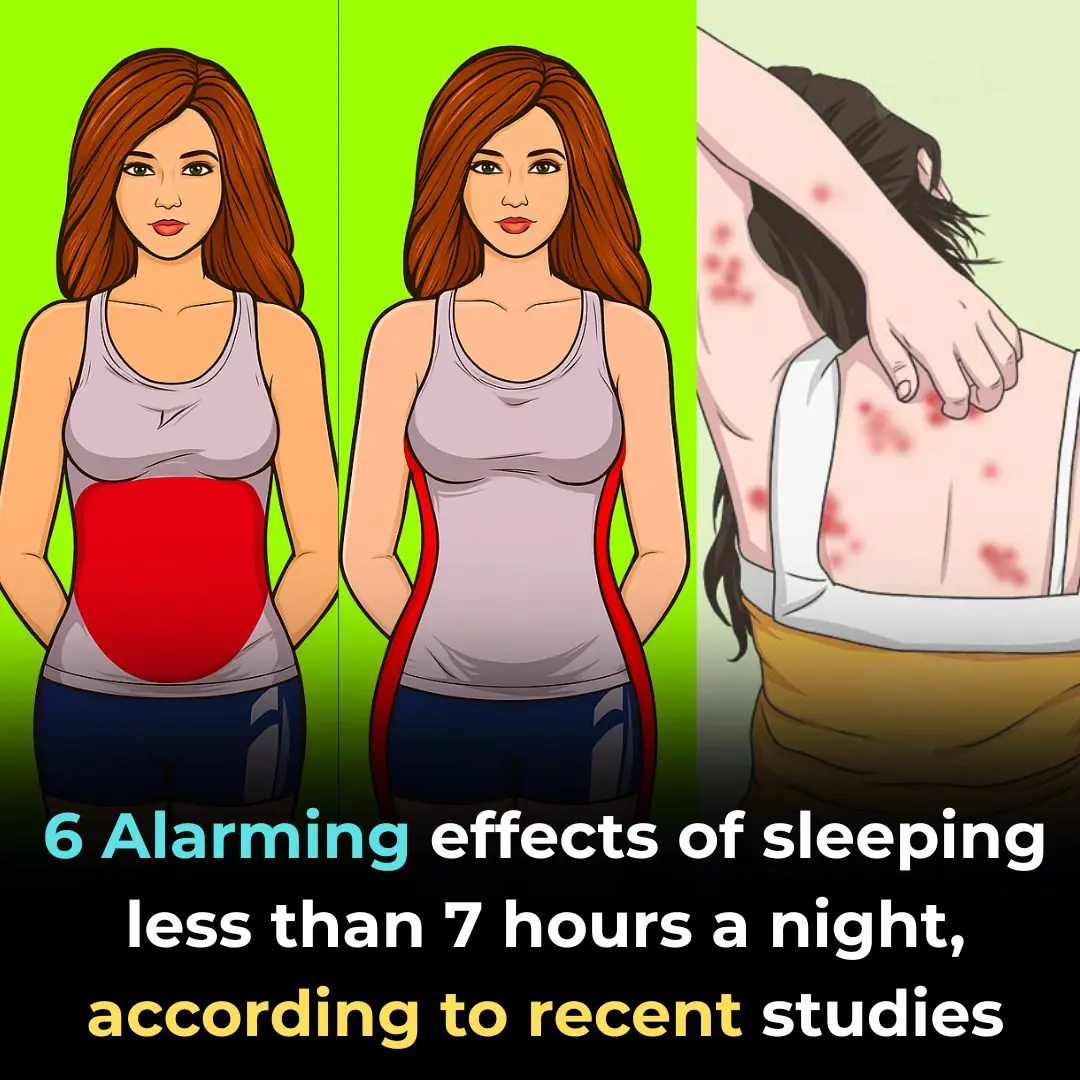Cracked Heels Could Be a Warning Sign of This Serious Health Condition
You might chalk it up to dry skin or warm weather, but those cracked heels could be saying more about your health than you think.
According to health experts, what seems like a minor foot issue could actually be an early warning sign of diabetes — a serious condition that affects blood sugar levels and, if left untreated, can lead to long-term complications.
Why You Shouldn’t Ignore Your Feet
Your feet often take a beating — between tight shoes, daily walking, and the occasional skipped moisturizer, it’s easy to dismiss signs like dryness or cracking as no big deal. But Niamh McMillan, pharmacy superintendent at Superdrug, urges people to take a second look.
“Your feet can reveal a lot about your overall health,” McMillan told The Express. “There are several symptoms that might seem minor but could indicate something more serious.”
The Diabetes Connection
Diabetes is a chronic condition that occurs when blood glucose (sugar) levels become too high. According to the NHS, common symptoms include:
- Excessive thirst
- Frequent urination
- Unexplained weight loss
- Fatigue
But less well-known symptoms can appear in your feet — often before a diagnosis is even made.
What’s Happening Inside Your Body?
When blood sugar levels stay elevated, they can damage small blood vessels — especially those that supply nerves in your feet. This leads to:
- Poor circulation
- Reduced healing ability for cuts and sores
- Peripheral neuropathy, or nerve damage, causing a loss of sensation
That means you may not even feel a cut, blister, or wound on your foot — and it could get worse before you even notice.
“If small cuts or sores on your feet aren’t healing within a few days, then this could be a red flag,” McMillan warns.
Warning Signs to Watch For
Cracked heels alone aren’t always a cause for concern. But if you notice any of the following alongside dry, cracked skin, it’s worth speaking with a healthcare provider:
- Tingling or “pins and needles” sensations
- Numbness or burning pain in your feet or legs
- Redness, warmth, or swelling around cuts
- Feet that no longer sweat
- Cramps in your calves when walking or resting
- Smooth, shiny skin or hair loss on your feet or legs
- Sores or wounds that take longer than usual to heal
Even mild inflammation around a small crack can quickly escalate for someone with diabetes, potentially leading to infection or ulceration.
Don’t Panic — But Don’t Ignore It Either
Yes, cracked heels can be caused by something as simple as walking barefoot too often or not moisturizing enough. But if you’re also experiencing any other symptoms of diabetes, it’s worth getting checked out — especially if you’re at higher risk due to age, family history, or weight.
The Bottom Line
Your feet might not be the first place you think to check for signs of illness, but they can tell you a lot about your internal health.
If you’re dealing with cracked heels that don’t heal, or you notice other unusual symptoms like numbness, tingling, or pain, it might be more than just dry skin. Speak with a healthcare professional, especially if diabetes runs in your family or you’re experiencing other classic symptoms.
Quick Tips for Foot Health:
- Moisturize daily with a thick heel balm
- Avoid walking barefoot, especially outdoors
- Check your feet regularly for cuts, sores, or changes
- Wear breathable, supportive shoes
- If diabetic, have regular foot checks with your GP or podiatrist


